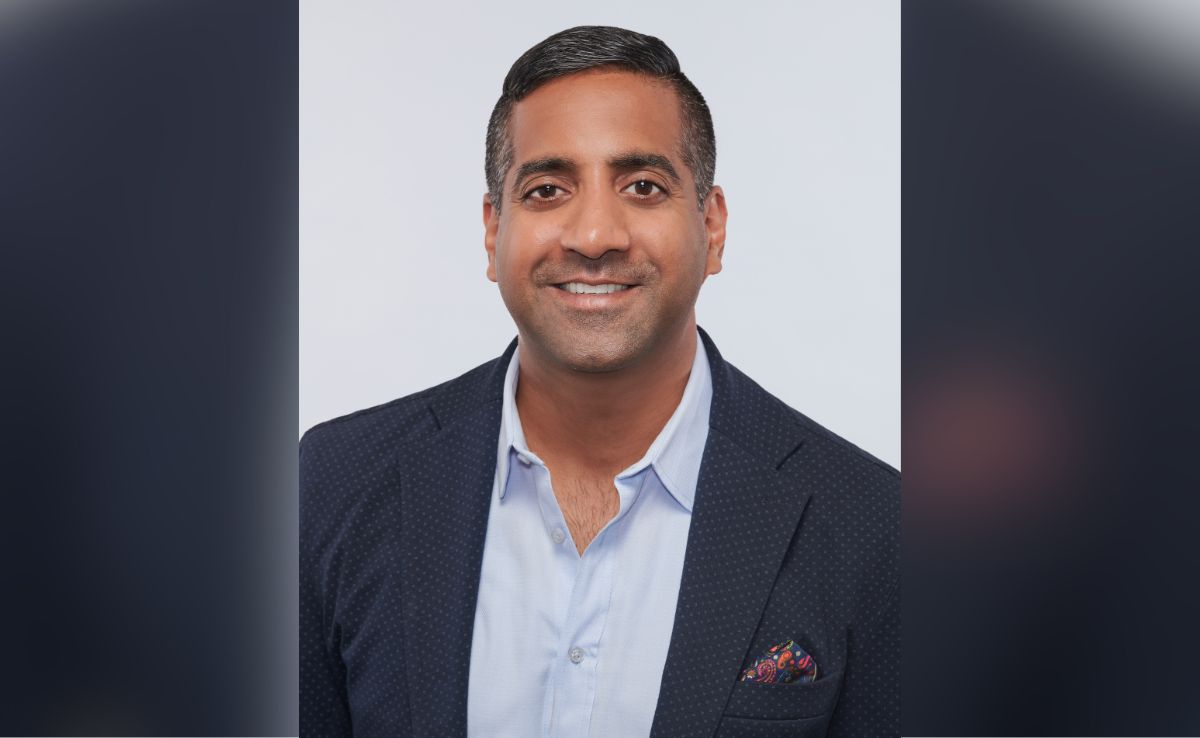
Praising ISRO's role in the Axiom-4 mission that saw Group Captain Shubhanshu Shukla becoming the first Indian to visit the International Space Station, Axiom Space CEO Tejpaul Bhatia has also commended agency Chairman Dr V Narayanan's insistence on a thorough investigation of the rocket following an oxygen leak, averting a potential catastrophe.
Breaking the story, NDTV had reported in June how Dr Narayanan had pushed for a thorough checking of the SpaceX Falcon-9 rocket, which was to carry Group Captain Shukla and three other astronauts to the space station, after a liquid oxygen leak was detected.
The leak, initially considered minor by SpaceX, was flagged by ISRO engineers led by Mr Narayanan, who insisted on a thorough investigation. Their intervention finally led SpaceX to the discovery of a crack in the oxidiser lines - an issue that, if left uncorrected, could have resulted in a catastrophic failure during lift-off.
Addressing a press conference on August 21 in New Delhi, ISRO Chairman Mr Narayanan had said, "SpaceX had probably taken lightly the liquid oxygen leak in the Falcon-9 rocket, putting at risk the lives of the four astronauts. If the rocket lifts off with the crack, with the vibrations, it will give way the moment it lifts off. Once it gives way, it is a catastrophic situation, nothing else."
Dr Narayanan explained that the leak was detected in the oxidiser lines that carry liquid oxygen to the rocket engines. "To their (SpaceX's) surprise, it was a crack. Finally, everything had to be corrected. Probably, they took it a little lightly," he said.
Despite the lift-off being delayed multiple times, ISRO insisted on a complete correction. "But for that, it would have ended in a catastrophic situation. We have saved the lives of four astronauts," Dr Narayanan declared.
Before the rocket was cleared for its June 11 lift-off, an eight-second test was conducted to assess engine performance. Dr Narayanan noted that SpaceX initially withheld the test results, stating only that "committees have cleared and we are going ahead with the launch programme." It was ISRO's insistence that led to a deeper review and, ultimately, the correction of the fault.
'Remarkable'
Speaking exclusively to NDTV, Mr Bhatia said the successful mission was the result of "remarkable collaboration".
"Dr Narayanan, he's a propulsion engineer, right, sitting and being able to speak with SpaceX, it was a very beautiful thing to see. You know, it was a collaboration that I haven't seen before," Mr Bhatia said.

Elaborating on the dynamics between Axiom, SpaceX, and NASA, he added, "SpaceX is the expert, obviously the expert on launch. We're not a launch company, right? We do the mission preparation, the training, pulling the programs together, the payloads, and making sure the crew goes up and comes back safely, but the vehicle is SpaceX's."
He emphasised that Axiom never overrides decisions on safety made by SpaceX or NASA. "If anything, we might supersede in the opposite direction because our risk cluster (or perception) is very different. This is our customer's crew. It's not NASA astronauts, right? Or it's not the risk of the government with their astronauts already up there," the Axiom Space CEO said.
He acknowledged that risks like leaks are not uncommon in spaceflight. "Some risks that come, the computer tells you things, humans tell you things, and some risks are mitigated, some are dealt with, and there are a lot of variables in that. And both computers and humans are watching it till the second it launches," he added.
'Celebrate When They Come Home'
Mr Bhatia also reflected on the emotional intensity of space missions and the public perception of delays.
"Anxious moments? You know, let me just say the whole thing is anxious. I have a saying in my company that we don't celebrate till they're back home. Absolutely. We don't celebrate when we sign the contract. We don't celebrate when the money comes in. We don't celebrate when they launch. We celebrate when they come home."
"Even if we explain delays fully to everyone, with all the details, it's still going to be very difficult for the public to understand. And what we do know from all of our missions is nobody remembers the delays. However, what people do remember are the successes," he pointed out.
Group Captain Shukla flew to the ISS on June 25 alongside former NASA astronaut Peggy Whitson, Poland's Slawosz Uznanski-Wisniewski, and Hungary's Tibor Kapu.
The mission, originally scheduled for May 29, was postponed multiple times - first due to the Dragon spacecraft not being fully ready, then because of high winds in the ascent path, and finally due to the oxygen leak. The astronauts returned safely to Earth on July 15.
Astronaut's Take
At the press conference in Delhi, Group Captain Shukla also said ISRO and Dr Narayanan's intervention had been very important.
"It really helped for the technical experts from ISRO to be available there and to have those important discussions... It is important because lives are involved, and if somebody makes a mistake, people do lose lives," he had stressed.
Asked how he had thanked Dr Narayanan and his team for "saving his life," the astronaut had responded: "Everybody doing human space flight missions is very responsible," adding that he would fly on any rocket endorsed as being safe by the ISRO chairman.
Space Collaboration
The incident marked a significant moment in international space collaboration. The presence of ISRO engineers in the launch room, actively engaging with SpaceX's technical team, showcased a level of cooperation rarely seen in the industry.
"It was a very beautiful thing to see," Mr Bhatia reiterated. "The engineering teams on both sides and then also being able to understand the diplomatic side and the public perception... it was a collaboration that I haven't seen before."
Track Latest News Live on NDTV.com and get news updates from India and around the world

